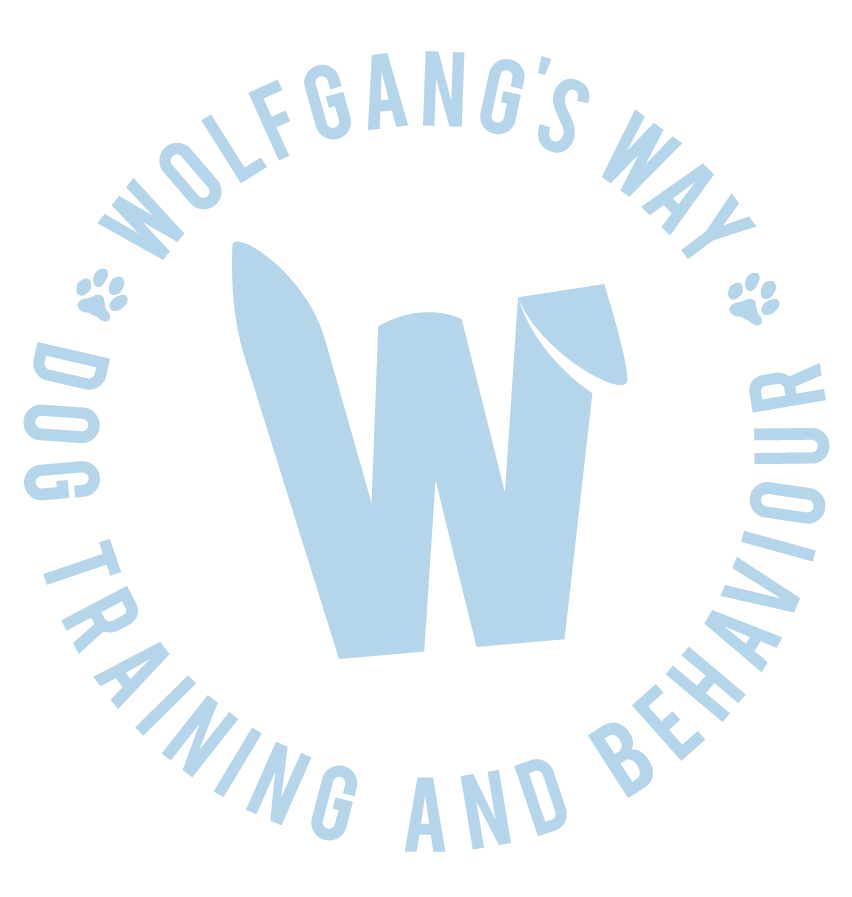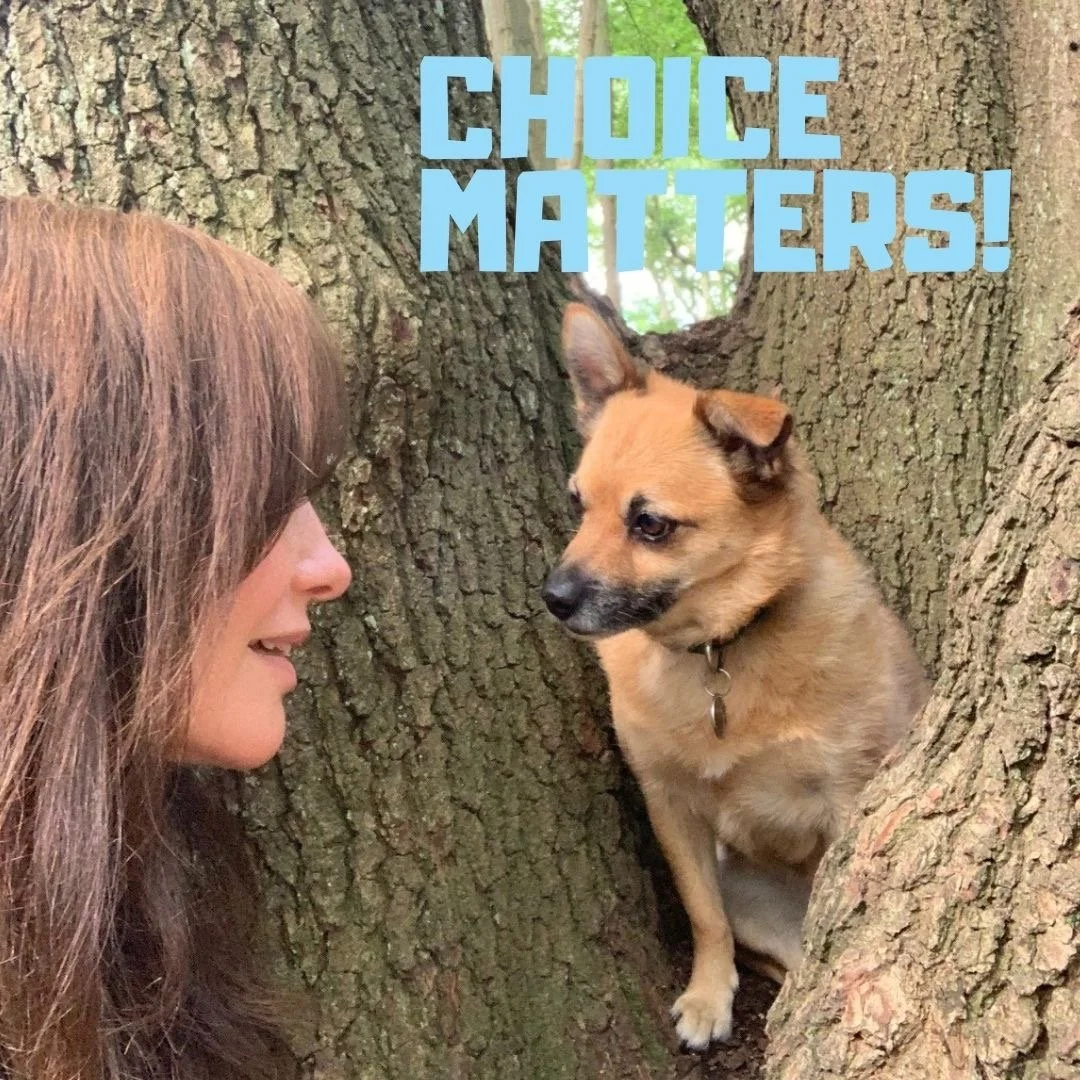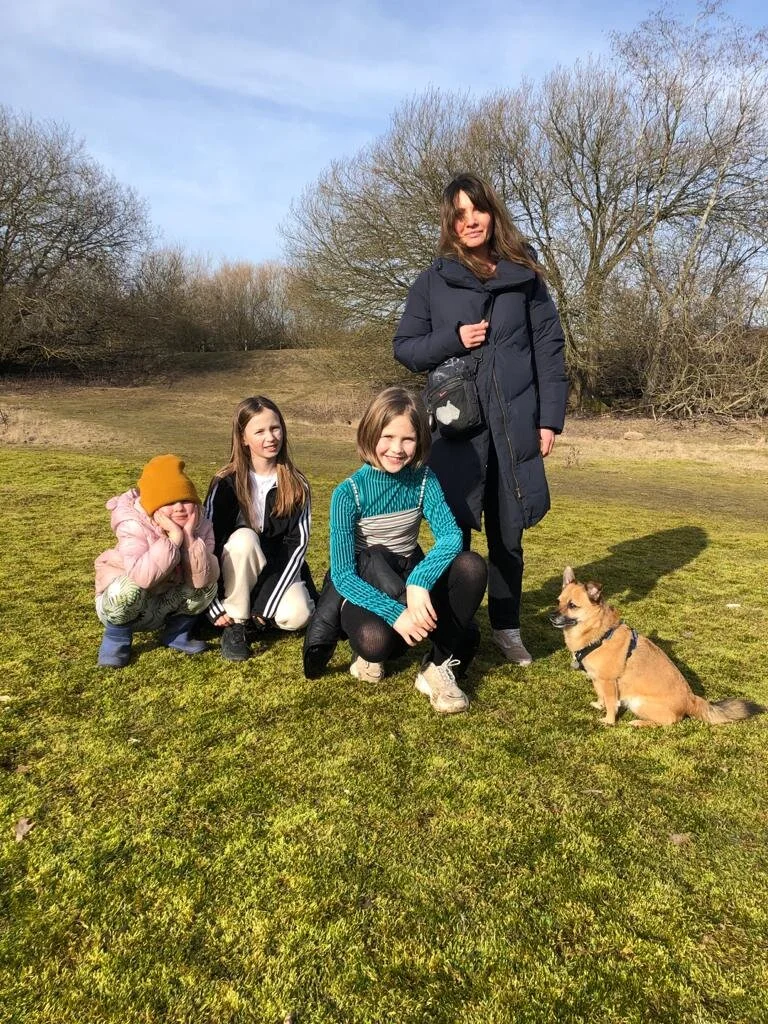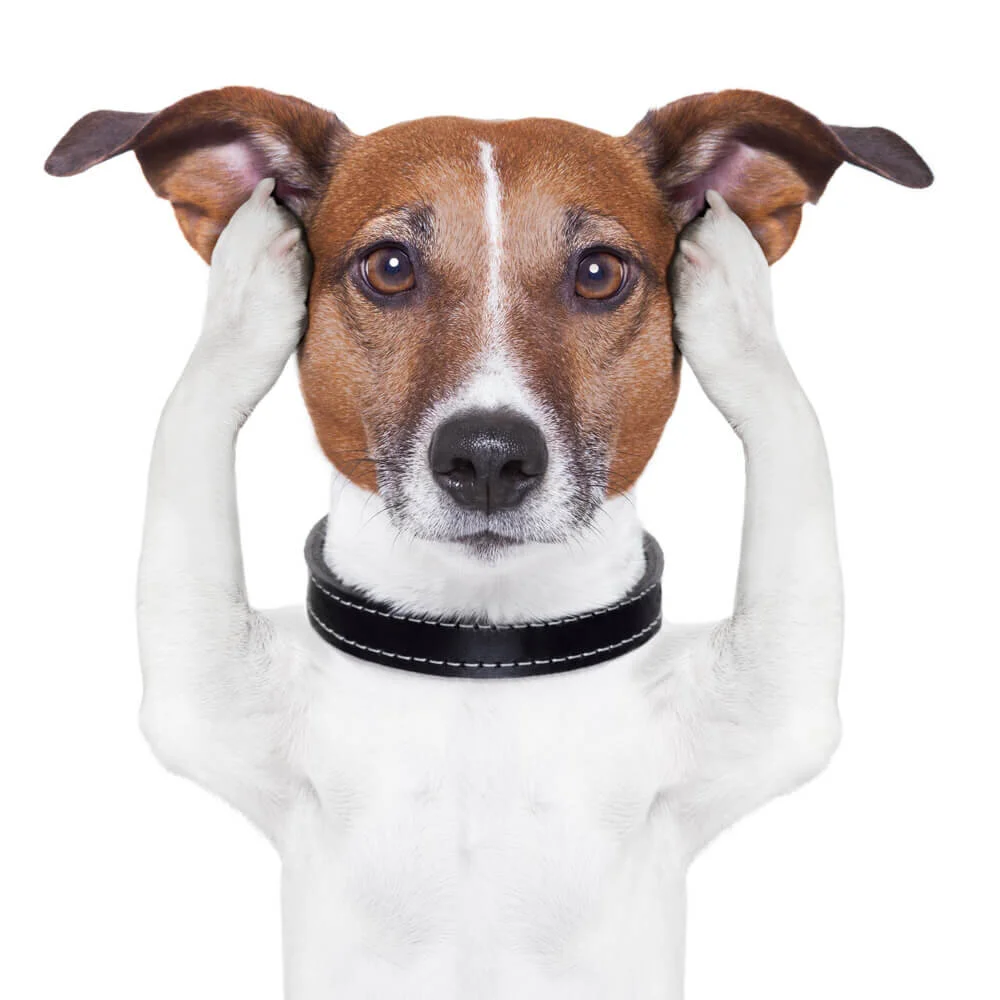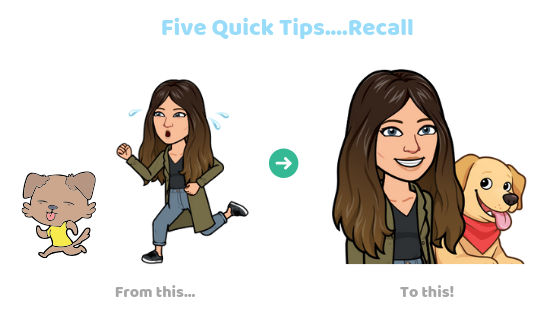If you want your dog to learn and understand your language, then it’s only fair you can talk ‘dog’. Communication should always go two ways and understanding what your dog is telling you will result in a strong, trusting bond, which should be the basis of any training.
To talk ‘dog’ you have to look at your friend’s entire body (eyes, ears, mouth, tail, body stance, etc) as well as listen to the sounds he or she makes. Context and looking at the bigger picture is equally as important; for example a dog who yawns in the morning when he wakes up is tired, whereas a dog who yawns when a dog runs up to her in the park, is worried and potentially stressed.
Some subtle signs of communication to look out for when your dog feels stressed: eye blinking, lip/ nose licking, yawning, averting face/ gaze, lowered or tucked tail, frozen body posture, tightly closed mouth and much more.
